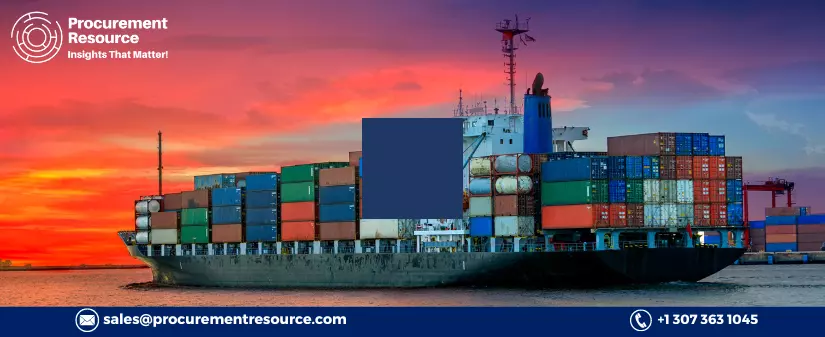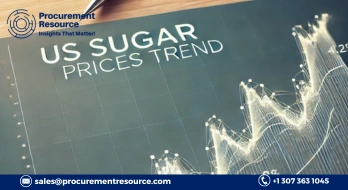India, USA, Saudi Arabia, UAE, and the EU Joined Forces to Devise a Multinational Rail and Shipping Corridor

On September 9, on the event of G20 summit in New Delhi, key leaders from the US, India, Saudi Arabia, UAE, and the EU unveiled their joint commitment to formulating a multinational rail and shipping corridor. Aligned with the India–Middle East–Europe Economic Corridor (IMEC), this collaborative venture intends to link South Asia, the Middle East, and Europe, serving as a counterweight to China's expanding footprint in the oil-abundant Middle East.
As per the White House's disclosure, the IMEC is envisioned to invigorate economic expansion by promoting both connectivity and economic amalgamation spanning Asia, the Arabian Gulf, and Europe. The framework comprises two main axes: the eastern corridor connecting India to the Middle East and the northern corridor bridging the Middle East to Europe.
Envisaged under this plan are rail connections uniting the Middle East Gulf nations with Jordan and Israel. In addition, shipping lanes will facilitate connectivity to India and Eastern Europe. The overarching objectives are to hasten the movement of goods, augment energy infrastructure, and lay the foundation for green hydrogen production and distribution to the associated nations.
US President Joe Biden lauded the initiative as a transformative regional endeavor that promises a harmonious, thriving, and cohesive Middle East. Expressing gratitude, Biden acknowledged UAE President Mohammed bin Zayed al-Nahyan's instrumental role in propelling the IMEC project. Furthermore, an insider source from Washington confirmed that the original conception of the IMEC was indeed the UAE's, presented to the Biden administration earlier this year.
While a definitive timeline remains to be set, Amos Hochstein, the US special presidential coordinator for global infrastructure and energy security, indicated that the involved nations would convene in the subsequent 60 days to navigate its realization. European Commission President Ursula von der Leyen and Israel's Prime Minister Benjamin Netanyahu also conveyed their enthusiasm and positive outlook for the project.
This announcement emerged shortly after the BRICS consortium extended membership invitations to six additional nations, including prominent OPEC producers like Saudi Arabia, Iran, and the UAE. Of late, the UAE and Saudi Arabia, traditional US allies, have been intensifying their economic and trade relations with China, a major global crude consumer. The US's strategy seems to realign its allies through a spectrum of projects, especially in the wake of Chinese President Xi Jinping's unprecedented absence from the recent G20 summit.
According to Procurement Resource, the India–Middle East–Europe Economic Corridor, unveiled at the G20 summit in New Delhi, promises to reshape global trade dynamics. By connecting major economic hubs across South Asia, the Middle East, and Europe, this corridor aims to accelerate trade, strengthen geopolitical ties, and diversify energy routes. With backing from major world powers, the IMEC stands as a strategic endeavor that could redefine commerce and cooperation in the 21st century, offering nations involved unprecedented economic and geopolitical advantages.



